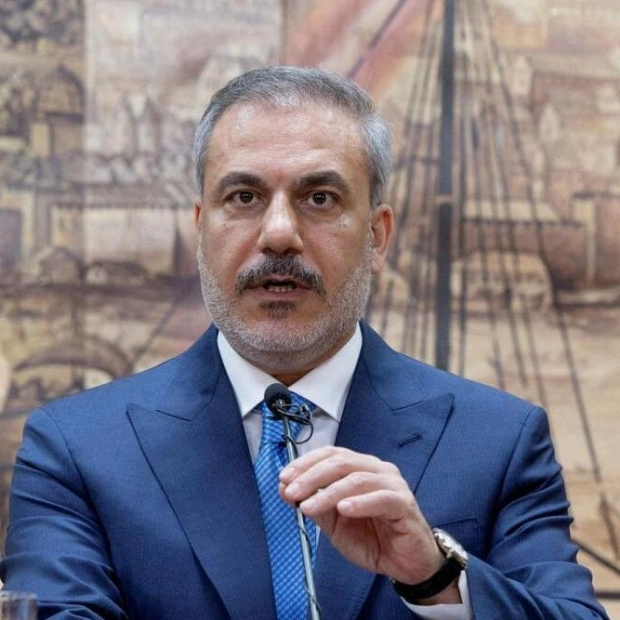In the UAE, education is highly valued, with a strong emphasis on providing children with the best possible start in life. However, quality education comes at a price. The UAE offers a wide range of educational institutions, from internationally renowned private schools to prestigious universities. These institutions often come with high tuition fees, and specialized courses at the university level can be even more expensive. Additional costs like uniforms, books, extracurricular activities, and transportation can further increase the financial burden. Therefore, understanding the total cost is crucial. Whether considering private schooling or planning for university, here are some essential tips to save and invest for your child's education.
Start saving early. The sooner you begin saving for your child’s education, the better. Early planning allows you to benefit from compound interest, making it easier to accumulate the necessary funds over time. Starting to save from the time your child is born gives you approximately 18 years to build a substantial education fund. While you can start saving at any time, starting early provides a significant advantage. Allocating unexpected lump sums or additional income to your child's education savings account can also provide substantial boosts over the years and reduce your stress.
Invest in child education plans. Experts recommend investing in specialized savings schemes designed to help save for your child's future education expenses. These plans not only focus on accumulating funds for education but also provide security for your child in case of unfortunate events. Child education plans often include life insurance coverage and options to grow your savings over time. Depending on the plan, you might need to make one-time or regular payments to keep the plan active and earn interest. The accumulated funds can be used to cover college fees for your child’s higher education. Some plans even offer the option to convert them into a term insurance plan once your child finishes their studies. However, it is crucial to review the features of each plan offered by the insurance company before making your choice.
Explore scholarships. While saving for your child’s education is essential, exploring scholarships and financial aid opportunities can significantly ease the financial burden. Many schools and universities in the UAE offer scholarships based on academic performance, extracurricular achievements, or financial need. Encouraging your child to excel academically and participate in various activities can enhance their chances of securing scholarships.
Pick the right investments. In addition to traditional savings methods, parents should explore investment opportunities that offer potential for higher returns. Education savings plans and insurance-linked savings products not only help grow savings but also provide protection for their child's future educational needs. Investment options abound, including stocks, bonds, real estate, ETFs/mutual funds, CDs, annuities, cryptocurrencies, commodities, collectibles, and precious metals. Before committing funds, it's essential to understand the stability and volatility of each investment type. Your investment decisions should align with your risk tolerance and financial growth objectives. Educate yourself on various investment strategies, risks, and potential returns to make informed choices that support your financial goals.
Keep higher education in mind. Higher education expenses are often more expensive, making early planning essential if you intend to fund your child's college or university education. Without an education savings plan, you may need to take out substantial loans or dip into retirement funds to cover the costs. If you plan to send your child abroad for their studies, the expenses can be even higher. Research typical higher education costs and explore suitable investment products to ensure you are prepared. Starting early can help you manage these expenses more effectively and avoid financial strain in the future.
Engage family in financial planning. Saving and investing don't have to be daunting topics; financial wellness and money management can become a family affair. Openly discuss your child's educational goals with them and involve other family members in contributing to the fund. In multi-family households, such as those including grandparents or aunts and uncles, sharing financial responsibilities can also be beneficial. Ensuring everyone involved is on board can ease the financial burden on parents and instill a sense of collective responsibility for the child's education. In addition, children themselves can participate in saving and investing for their future. Teach them about responsible finance from a young age. If they are old enough to work, encourage them to contribute to their educational fund by setting aside savings from their earnings.
Seeking professional advice. If you’re feeling overwhelmed by your family’s financial situation, you don’t have to struggle alone. Consulting a qualified financial advisor or provider specializing in education planning in the UAE can help you find the best savings plan, investment plan, and insurance policy for your family. A wealth planner can help you create a customized strategy for saving for your child’s education, aligning it with your financial goals, risk tolerance, and time horizon. Many financial advisors and planners offer a free initial consultation, allowing you to share your financial situation and receive some starting advice. There’s no need to commit to a specific advisor right away. It's completely okay to shop around to find the right advice and the best fit for your family.






